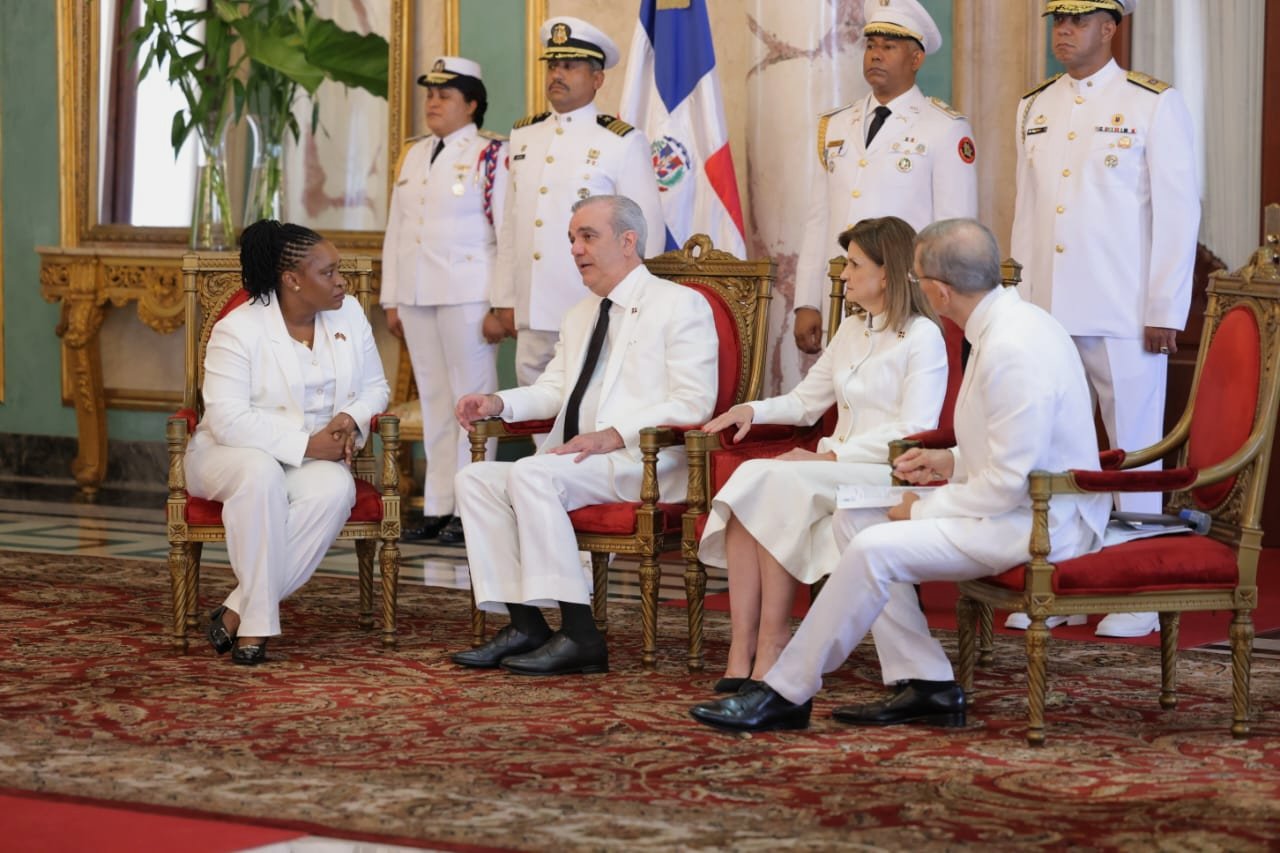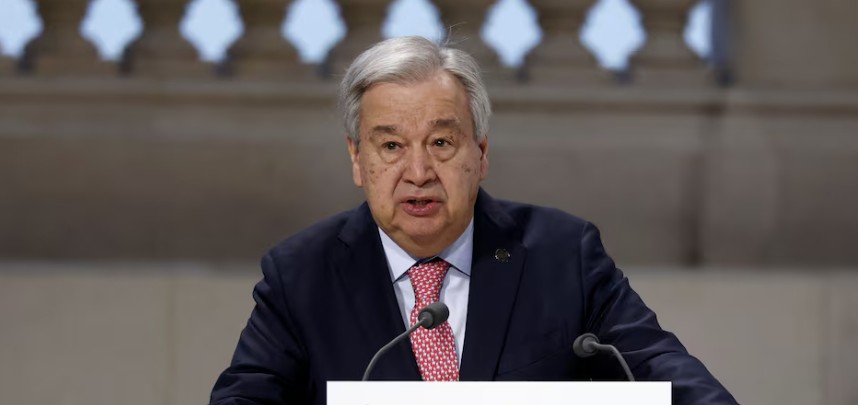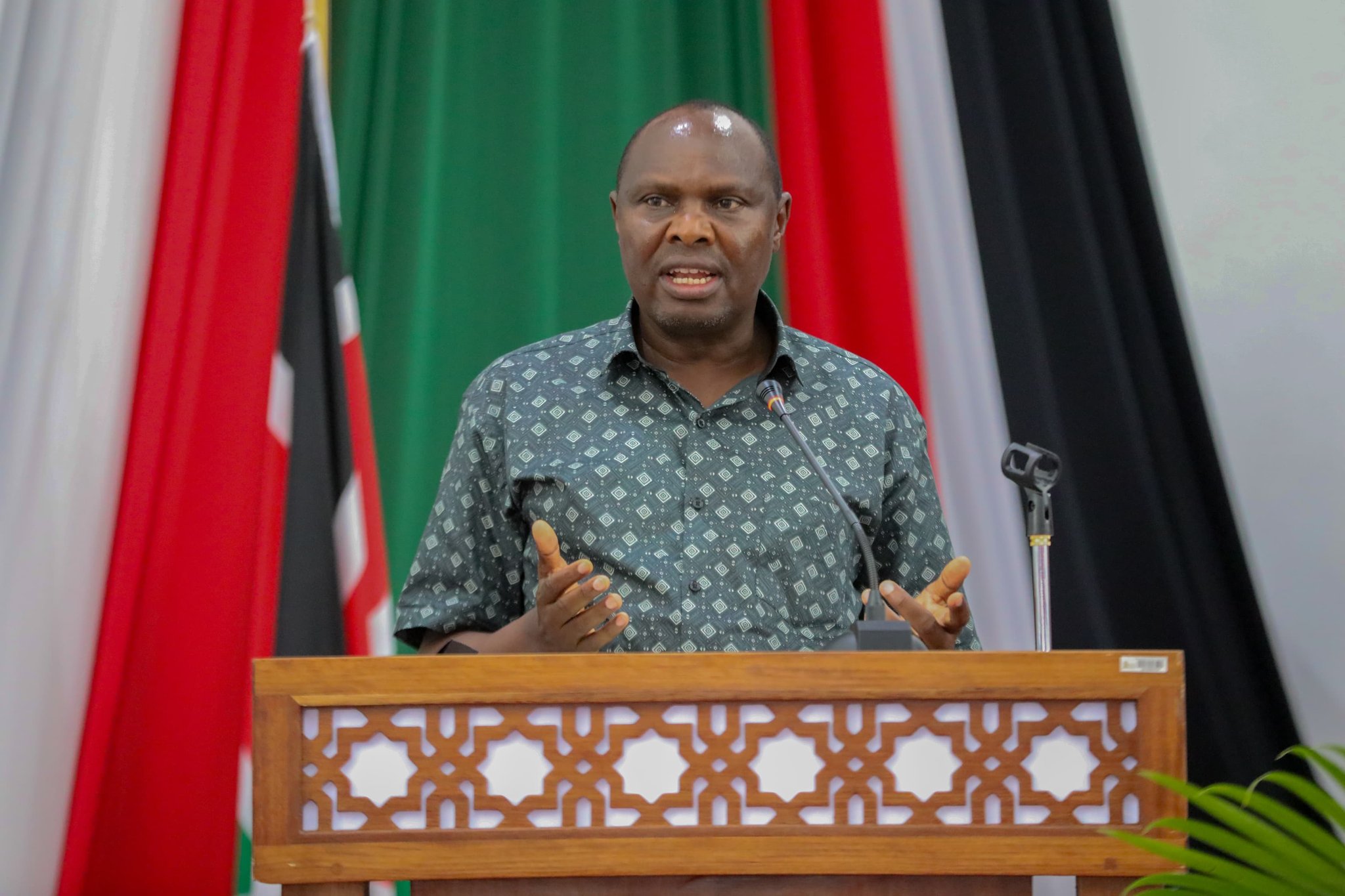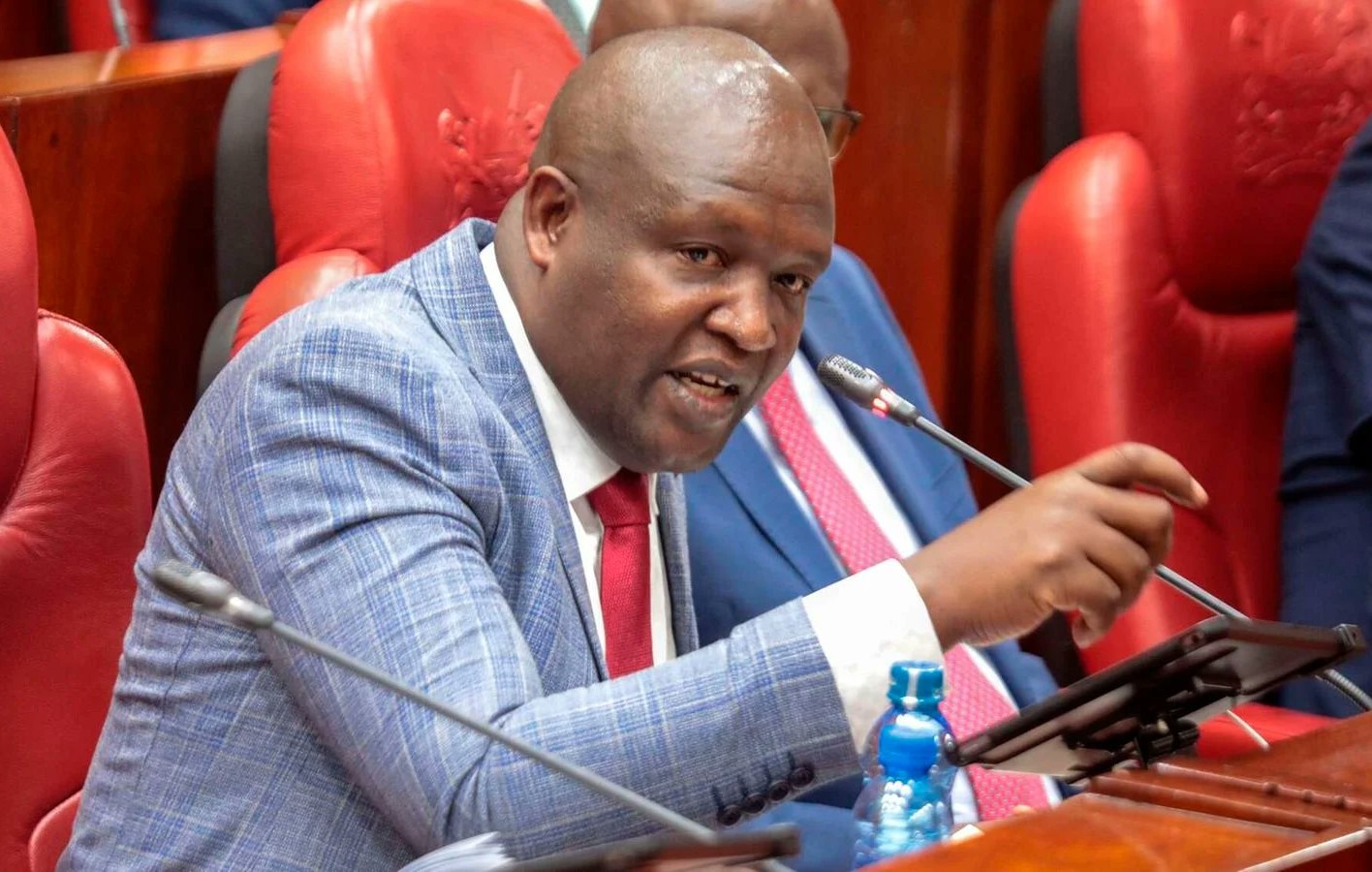National Assembly eyes greater control over treaty negotiations
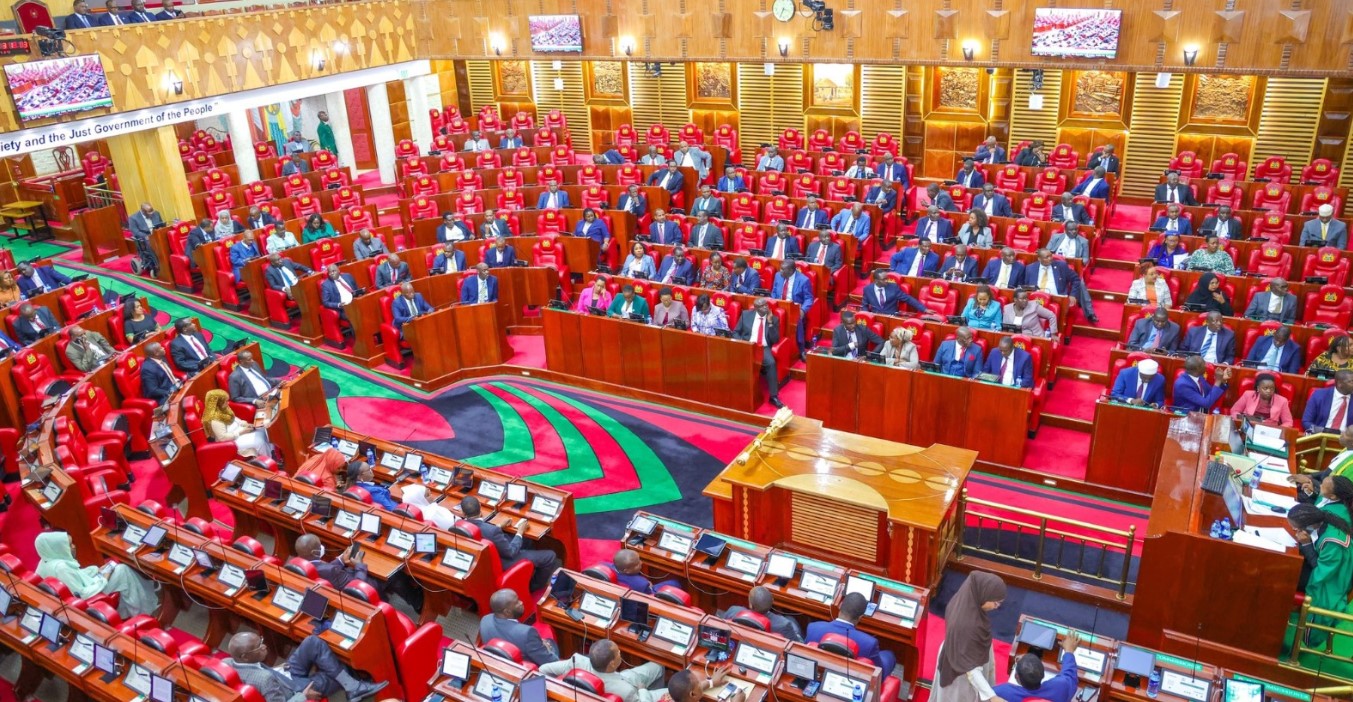
The Defence and Foreign Affairs Committee has proposed a requirement for the government to notify Members of Parliament (MPs) of any treaty negotiations within 14 days of initiation.
The National Assembly may soon gain greater oversight in treaty negotiations if Parliament adopts recommendations in the Treaty Making and Ratification (Amendment) Bill, 2024.
The Defence and Foreign Affairs Committee, which tabled the report, has proposed a requirement for the government to notify Members of Parliament (MPs) of any treaty negotiations within 14 days of initiation.
More To Read
- The recycling dilemma: Most plastic still ends up as waste
- Tanzania’s ban on foreign small businesses sparks EAC backlash as Kenya demands action
- Kenya sued at East African Court over Bill Gates Foundation immunities
- Countries fail to reach agreement in UN plastic talks
- UN talks on plastics pollution treaty push for breakthrough as deadline looms
- President Ruto to address EALA parliament on Tuesday
"This amendment seeks to ensure that the National Assembly is involved in treaty matters at the initial stages of the treaty-making process, leading to greater transparency and accountability," the report reads in part.
The committee argues that involving MPs early in the process will prevent them from being relegated to mere rubber stamps for treaties already signed by the Executive and approved by Cabinet.
The proposed amendments are anchored in constitutional provisions. Article 2(6) of the Constitution integrates ratified treaties into Kenyan law, while Article 94(5) gives Parliament the sole authority to create binding legal provisions.
The committee insists this necessitates the legislature's involvement from the onset of treaty negotiations.
The call for reform is not without precedent. During the 12th Parliament's consideration of the Economic Partnership Agreement (EPA) between Kenya and the United Kingdom, MPs raised concerns that certain sections unfairly favoured British traders.
Current laws
Under current laws, treaties are submitted to Parliament after Cabinet approval. Section 8 of the Treaty Making and Ratification Act, 2012, requires the relevant Cabinet Secretary to present the treaty and an accompanying memorandum to the Speaker of the National Assembly.
A parliamentary committee then reviews the treaty, ensuring public participation before MPs debate and approve or reject it.
The 2024 Bill, sponsored by Justice and Legal Affairs Committee Chairperson George Murugara, seeks to strengthen this process by amending Section 8.
One clause mandates the Executive to notify Parliament of specific treaty provisions MPs propose to reserve and to incorporate these reservations into the final agreement.
The amendment also bars the Executive from ratifying treaties without addressing Parliament's reservations.
During public consultations, the Foreign Office opposed these changes, arguing that they might complicate bilateral negotiations.
"This proposal may be a limitation during treaty negotiations, considering that the negotiation of bilateral agreements is conducted in a win-win/give-take manner. In addition, the National Assembly has the opportunity to express reservations during the public participation process conducted by the Executive," the ministry stated.
The committee also rejected a proposal to require the Majority Leader to accompany the relevant Cabinet Secretary during treaty ratification.
"This may violate the constitutional doctrine of separation of powers," the report reads further.
Top Stories Today


